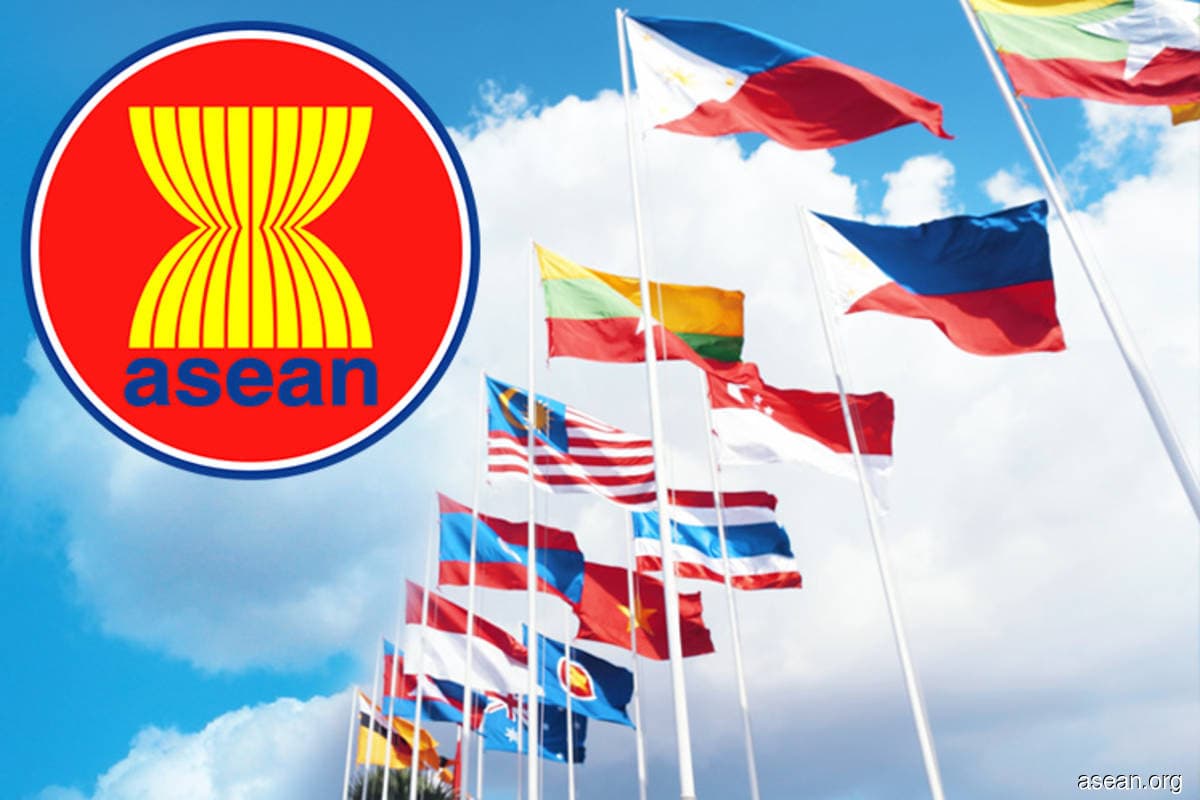
KUALA LUMPUR (April 8): Vaccine supplies, vaccine confidence and a "virus variant strategy" are three challenges ASEAN will have to manage in the short and medium term, according to independent health policy specialist Dr Khor Swee Kheng.
According to the health expert, as of April 5, 2021, Malaysia’s vaccination rate was the third highest in ASEAN with 1.57% of the total population receiving at least one dose of the Covid-19 vaccine. This was behind Singapore at 17.95% and Indonesia at 3.16%. Cambodia was just behind Malaysia at 1.37%, whereas the rest including the Philippines, the Lao PDR, Thailand, Brunei and Vietnam had vaccinated less than 1% of their populations.
“To manage vaccine supplies, continuous procurement is crucial, with ÅSEAN pooled procurement and regional manufacturing being beneficial to keeping the cost low and the supply constant,” said Dr Khor.
Dr Khor was speaking at a webinar hosted by CARI ASEAN Research and Advocacy (CARI) entitled: “ASEAN Healthcare Webinar: Covid-19 vaccine roll-out and the recovery of the ASEAN economy”.
The webinar session also featured Science, Technology and Innovation Minister Khairy Jamaluddin, who is also the coordinating minister for Malaysia's National Covid-19 immunisation Programme.
The webinar, moderated by CARI chairman Tan Sri Dr Munir Majid, was organised to discuss issues faced by ASEAN as well as the region and Malaysia’s effort in inoculating its people and navigating policy challenges before, during and after the Covid-19 pandemic.
On the vaccine roll-out here in Malaysia, Khairy shared that after the successful completion of Phases 1 and 2 in Malaysia, priority will then be given to the targeted economic sectors.
“These economic frontliners by definition are those involved in essential industries and are front-facing other individuals through the course of their daily tasks This includes the manufacturing, aviation, logistics, oil and gas (O&G), transportation, maritime, tourism and service sectors,” the minister explained.
He added: “Malaysia has also begun discussions with Singapore and China with regard to travel bubbles as there are more than 450,000 people that frequent the Selat Johor border and the Second Link bridge daily to and from Singapore, and given that China was our biggest trade partner in the past 12 years with a total trade amount of RM316 billion in 2019."
In the webinar, Dr Khor also cautioned that vaccines are not a magic exit strategy.
“Public health measures are crucial for a phased restart, and governments cannot rely solely on vaccines to get out of the pandemic. Indeed, antibody passports are potentially better than vaccine passports because vaccine passports just prove that you’ve been vaccinated but antibody passports prove that you have adequate antibodies to fight Covid-19.
"To restart the economy, some low-hanging fruits can be prioritised, such as digitising the economy, building the private provision of public health goods (like testing, tracing and isolating) and focusing on supporting SMEs (small and medium enterprises), which are the bulk of employers in ASEAN. Doing all that will help strengthen the resilience of the society, economy and health system," he said.
Munir concurred with the viewpoint, but opined that the vaccines offer more than just a chink of light as evidence of immunity however hotly debated.
“We have been talking about regulatory harmonisation in ASEAN for the longest time. Now, in response to the Covid-19 pandemic, harmonisation in respect of accepted vaccine passports and virus test results is critical for the opening up of economies and movement of people. As never before, ASEAN must act together,” urged Munir.